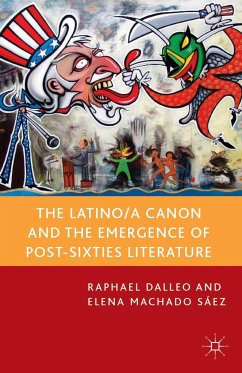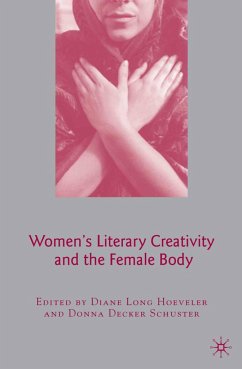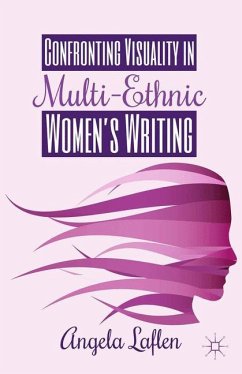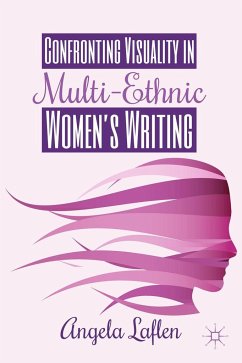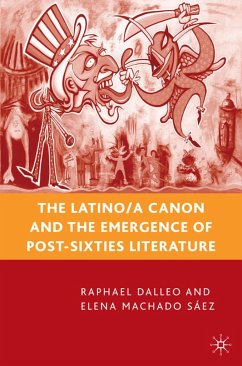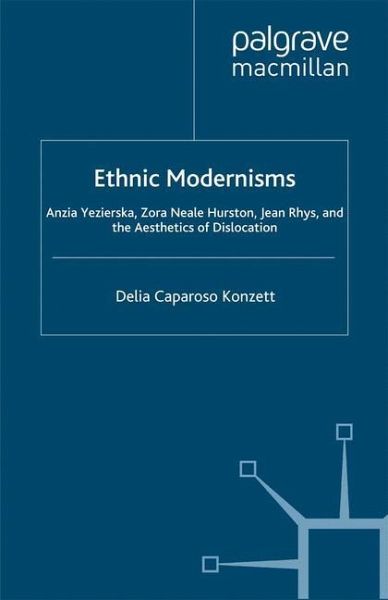
Ethnic Modernisms
Anzia Yezierska, Zora Neale Hurston, Jean Rhys, and the Aesthetics of Dislocation

PAYBACK Punkte
19 °P sammeln!
This study explores a new understanding of modernism and ethnicity as put forward in the transnational and diasporic writings of Anzia Yezierska, Zora Neale Hurston, and Jean Rhys. In its selection of three modernists from apparently different cultural backgrounds, it is meant to make us rethink the role of modernism in terms of ethnicity and displacement. Konzett critiques the traditional understanding of the monocultural 'ethnic identity' often highlighted in the studies of these writers and argues that all three writers are better understood as ironic narrators of diaspora and movement and ...
This study explores a new understanding of modernism and ethnicity as put forward in the transnational and diasporic writings of Anzia Yezierska, Zora Neale Hurston, and Jean Rhys. In its selection of three modernists from apparently different cultural backgrounds, it is meant to make us rethink the role of modernism in terms of ethnicity and displacement. Konzett critiques the traditional understanding of the monocultural 'ethnic identity' often highlighted in the studies of these writers and argues that all three writers are better understood as ironic narrators of diaspora and movement and as avant-garde modernists. As a result, they offer an alternative aesthetics of modernism which is centered around the innovative narration of displacement. Her analysis of the complexities of language and form and impact of the complex and ambiguous formal styles of the three writers on the history of their reception is a model of the effective integration of formalist, historicist, and theoretical perspectives in literary criticism.







